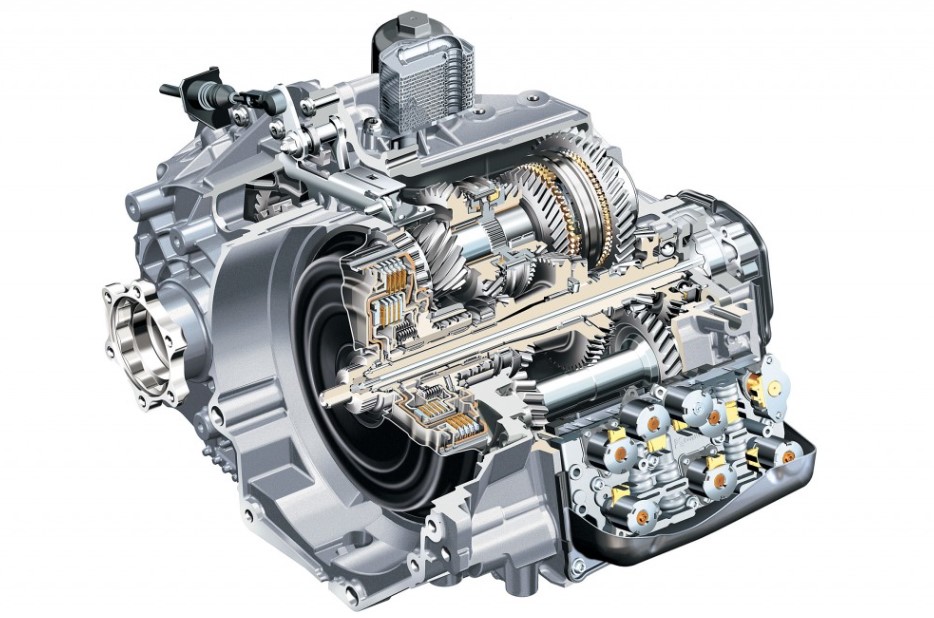DSG (Direct Shift Gearbox) is a type of transmission system that combines the convenience of an automatic gearbox with the efficiency of a manual gearbox. DSG gearboxes are available in two types – wet and dry. Both types offer their own unique advantages and disadvantages, and it’s important to understand the differences between them before deciding which one to choose.
Wet DSG Gearbox
A wet DSG gearbox is so-called because it contains a clutch pack that is immersed in oil. This helps to keep the clutch pack cool and prevents it from overheating, which can cause wear and tear over time. A wet DSG gearbox is typically found in high-performance vehicles that require rapid gear changes and smooth acceleration.
One of the main advantages of a wet DSG gearbox is that it is less prone to wear and tear compared to a dry DSG gearbox. The oil acts as a lubricant and helps to reduce friction, which can increase the lifespan of the gearbox. Wet DSG gearboxes also tend to be more reliable and require less maintenance.
Dry DSG Gearbox
A dry DSG gearbox, as the name suggests, does not contain oil. Instead, the clutch pack is exposed to air, which can cause it to overheat and wear out more quickly. Dry DSG gearboxes are typically found in smaller vehicles and are more suited for normal driving conditions.
One of the main advantages of a dry DSG gearbox is that it is more fuel-efficient compared to a wet DSG gearbox. The lack of oil means that there is less resistance in the gearbox, which can improve the vehicle’s overall efficiency. Dry DSG gearboxes also tend to be lighter, which can improve the handling and performance of the vehicle.
Which one to choose?
The choice between a wet and dry DSG gearbox ultimately depends on your specific needs and preferences. If you have a high-performance vehicle that requires rapid gear changes and smooth acceleration, a wet DSG gearbox may be the better option. If you’re looking for a more fuel-efficient option for everyday driving, a dry DSG gearbox may be the better choice.
In conclusion, the difference between a wet and dry DSG gearbox comes down to the presence or absence of oil. Both types have their own advantages and disadvantages, and it’s important to consider these factors before making a decision. Ultimately, the right gearbox for you depends on your specific needs and preferences.




